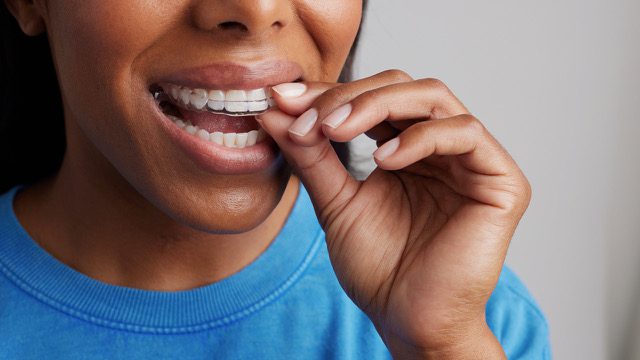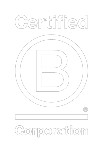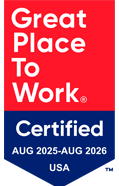Artisan Dental Sleep Apnea Solutions
Do You Know Someone Who Snores?
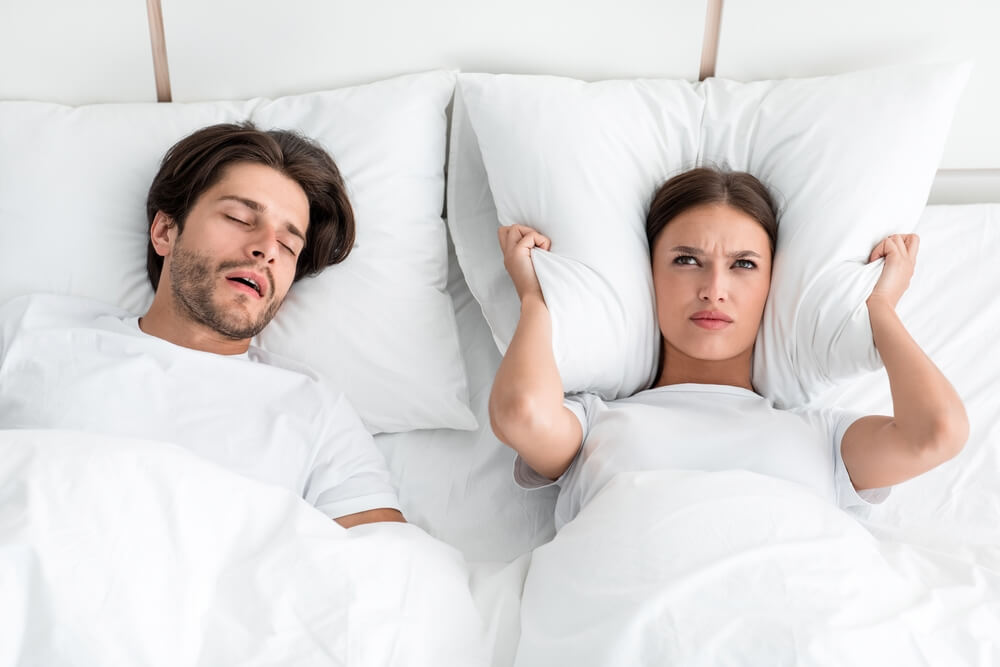
At Artisan Dental – we offer comfortable, convenient and affordable assessment of your sleep habits as well as solutions to snoring caused by mild to moderate sleep apnea. We can accomplish this without the use of a CPAP machine or surgery. Using the most up to date technology we create customized oral appliances to open your airway by repositioning your jaw during sleep.
Step 1: Schedule a Complementary Consultation with Dr. Dayal
Call or email our team today to set up your free consultation to discuss how we can determine if you have sleep apnea with a discussion about your sleep patterns or by scheduling an at home sleep test. During the consultation we can also review a previous sleep test to see if you are a good candidate for oral appliance therapy.
Step 2: Take Home Sleep Test
Following the consultation take home a convenient home sleep test to evaluate for sleep disorders such as snoring and obstructive sleep apnea.
Step 3: Get Fitted For A Custom Device
Dr. Dayal and our team will take a digital scan of your teeth and create a customized oral sleep appliance. We will work closely with you during follow up visits to ensure your device is working effectively.
Sleep Apnea Treatment
Comfort
96% of patients strongly prefer ProSomnus over CPAP and traditional solutions.
*Based on a ProSomnus Institutional Review Board study conducted in 2021.
Cost
Almost every health insurance companies covers oral sleep appliances for sleep apnea and sleep testing. We work with you and third party financial institutions to make any co-payment, deductible affordable.
Long-term costs are lower than CPAP machines in that oral appliances do not have hoses, masks, filters, or cleaning supply requirements.
Complementary Consultation
During the consultation we will have you answer in depth questions about your sleep habits to see if you have signs or symptoms of sleep apnea. We can also show you examples of how the sleep appliance works to create a solution for sleep apnea.
Call or email our team today to set up your free consultation to discuss how we can determine if you have sleep apnea with an at home sleep test. During the consultation we can also show you examples of how the various oral sleep appliance work to create a solution for sleep apnea.
What Is Sleep Apnea
Sleep Apnea is a sleep disorder characterized by repeated interruptions in breathing that cause fragmented, nonrestorative sleep. These airflow interruptions can occur several or hundreds of times per night and can last between seconds and minutes. If left untreated sleep apnea can lead to serious health problems including high blood pressure, heart disease, stroke, diabetes and excessive daytime sleepiness. At Artisan Dental we aim to treat obstructive sleep apnea. According to the American Association of Sleep Medicine, an oral appliance can be used as first line therapy in mild and moderate sleep apnea cases as research shows it is an effective form of treatment. There are three type of sleep apnea:
Obstructive Sleep Apnea (OSA)
Is caused by restrictions or blockages of the nose, mouth, upper and throat. These restriction can be a result of collapse or relaxation of tissues surrounding the airway. Examples of these tissues include the tongue, tonsils or soft palate. This restricted airway can cause snoring, snorting or gasping for air.
Central Sleep Apnea (CSA)
Is caused by the brains failure to communicate to the bodies muscles to enable continuously breathing. This can result in the stopping and restarting of breathing due to inconsistent communication from the brain. Unlike obstructive sleep apnea, the airway is not blocked.
Complex Sleep Apnea Syndrome
Is caused by both Obstructive Sleep Apnea and Central Sleep Apnea.
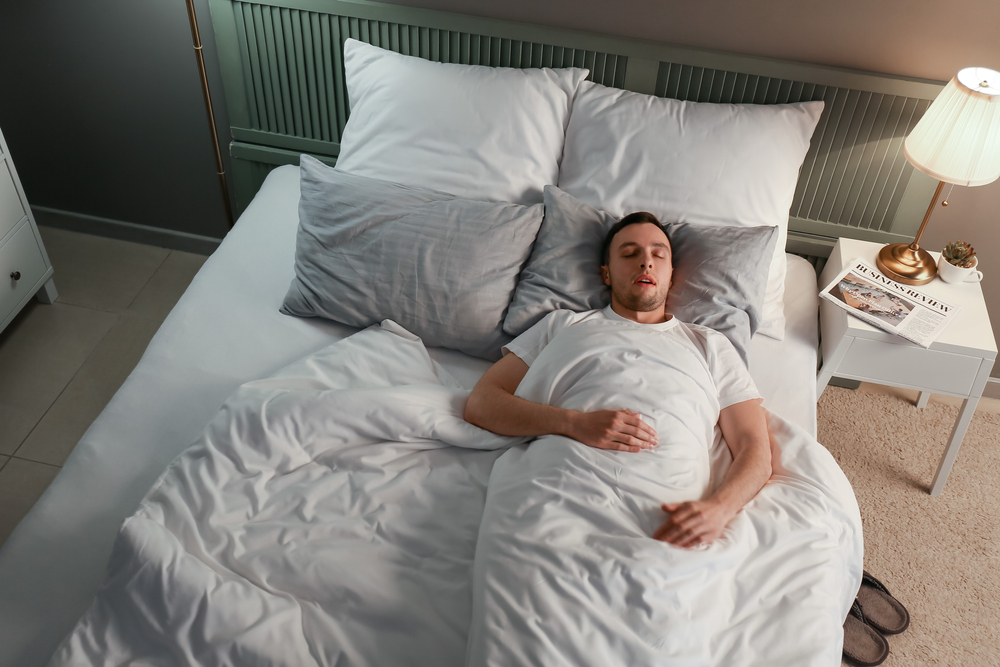
Signs and Symptoms of Sleep Apnea
Common symptoms include:
- Snoring, wheezing, snorting
- Gasping or choking for air
- Fatigue, or daytime sleepiness
- Headaches
- Difficulties concentrating, having a poor memory
- Waking up multiple times per night, including multiple bathroom trips
- Night sweats
- Having headaches in the morning
- Bedwetting
- Waking with Sore throat and thirst
- Sexual Problems
Health Risks of Sleep Apnea
If not treated, sleep apnea can lead to
- High blood pressure
- Heart disease
- Abnormal cholesterol
- Stroke
- Liver disease
- Diabetes
- Mood disorders such as Irritability and Depression
- Morning Headaches
- Weight Gain and Obesity
- Respiratory Disorders
- Erectile Dysfunction
- Cognitive difficulty and memory Loss
Risk Factors for Sleep Apnea
Obstructive Sleep Apnea
Physical Factors:
- Excess weight
- Thicker neck circumference
- Narrow airway
- Nasal congestion due to structural features
- Allergies or illness
- Medical conditions such as hypertension
- Diabetes, heart disease
- Hormonal disorders
- Family history
- Large tonsils or adenoids
- More common in older adults
- Males are more likely to develop obstructive sleep apnea than women through risk increases after menopause for women
Lifestyle Factors:
-
- Sleeping position
- Alcohol and sedative medications
- Smoking
- Mouth breathing
- Clenching/grinding
Central Sleep Apnea
Physical Factors:
-
- Older age, being male
- Having had heart disorder or stroke
- Use of narcotic pain medication
- Obesity
- Large tongue
- Overbite
Assessing Sleep Health - At Home Sleep Test
We offer one and two night at home sleep studies with equipment we provide to you at our office. The test is usually done at home in your bed and gathers various data points while you sleep. The test are comfortable and easy to administer. Following the sleep study we consult with a medical doctor about your results and then develop a treatment plan. Depending on the severity of your sleep disorder, a small oral appliance may be worn in the mouth during sleep to position the jaw forward in the mouth resulting in an increase in the size of the airway.
Preparing For Your Appointment
Before your consultation our team will send you insurance forms to review, which we can assist you in filling out. Please bring a copy of any previously completed sleep test, dental and medical insurance information and drivers license.
Frequently Asked Questions
How many Americans have sleep apnea?
Estimates are that approximately 22-40 million American’s suffer from sleep apnea.
What is the #1 symptom of sleep apnea?
Snoring
Does snoring indicate I have sleep apnea?
Many people snore occasionally and do not necessarily have sleep apnea. Having a complete clinical assessment, including history of symptoms, imaging and an at home sleep study will give you and your loved ones a better understand if you have sleep apnea or more transient snoring.
What makes sleep apnea worse?
Some common risk factors include excess weight, thicker neck circumference, narrow airway, nasal congestion due to structural features, allergies or illness, medical conditions such as hypertension, diabetes, heart disease, hormonal disorders, family history, large tonsils or adenoids, more common in older adults, males are more likely to develop obstructive sleep apnea than women through risk increases after menopause for women. Sleeping position, smoking alcohol, sedative and pain medications can also increase the likelihood a person suffers from sleep apnea.
What is the definition of mild, moderate and severe sleep apnea.
The Apnea Hypopnea Index (AHI) is used to diagnose the severity of sleep apnea. The Apnea-Hypopnea Index (AHI) is the combined number of pauses in breathing each hour. A healthy person without sleep apnea would not have any pauses or an AHI reading of 0. An AHI score of 30 or more hypopneas occurring each hour and is classified as “severe” sleep apnea. Moderate sleep apnea is defined by an AHI score of 15–29. Mild sleep apnea is defined by an AHI score of 5–14.

